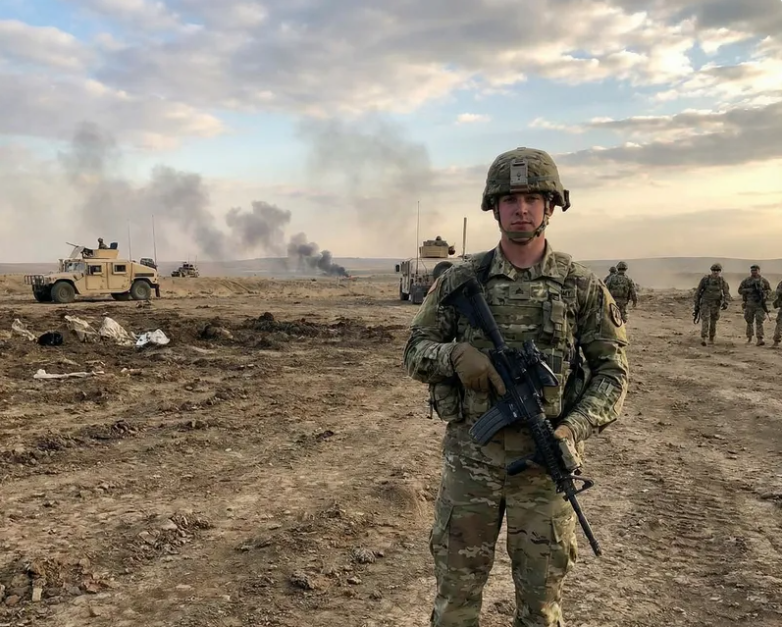This article was produced for ProPublica’s Local Reporting Network in partnership with WPLN/Nashville Public Radio. Sign up for Dispatches to get stories like this one as soon as they are published.
Tennessee Lawmakers Demand an Audit of Juvenile Detention Facilities, Citing “Culture Of Lawlessness”
A vaccine against tuberculosis has never been closer to reality. But its development slowed after its corporate owner focused on more profitable vaccines.

A group of Tennessee lawmakers is calling for an audit of the use of seclusion inside juvenile detention facilities, and the removal of a Knox County superintendent, following reporting from WPLN and ProPublica.
Our investigation found kids have been locked alone in cells in the Richard L. Bean Juvenile Service Center in Knoxville more often than other facilities in the state, sometimes as punishment and sometimes for an indeterminate length of time. The Tennessee Department of Children’s Services is the licensing agency for the Bean Center and documented the improper use of seclusion for years. Yet it continued to approve the center’s license to operate without the facility changing its ways.
“The Department has a constitutional duty to the legislature to enforce state laws and a moral obligation to children to ensure that youth in state-licensed facilities are being treated humanely and in accordance with Department guidelines,” state Sen. Heidi Campbell wrote.

The letter, signed by 14 Democrats, calls the findings “alarming.” It characterizes comments by the superintendent, Richard L. Bean, as having created a “culture of lawlessness.” Those comments include Bean saying, “What we do is treat everybody like they’re in here for murder.”
The letter went on to say that “any juvenile detention facility administrator who openly defies state detention rules” should “soon find themselves out of a job.”
After receiving the letter, DCS wrote to WPLN and ProPublica: “Earlier this week, Commissioner Quin and DCS leaders began taking steps to immediately address the concerns outlined in the report about the Bean Center. The matter is being treated with urgency and is a priority to the Department.”
In inspection reports obtained by WPLN and ProPublica, one child told DCS inspectors that he was secluded after he forgot to bring his books to class. “Staff will put you in seclusion if they don’t like you,” he told the inspector. Another child said he was secluded but didn’t really understand why.
“I can’t let the kids run the place,” Bean said about putting children in seclusion. “Sometimes you get a kid, you put him in his room, and he cuss and call you everything in the books. It’s hard to let him out.”
Bean has been in charge of the detention center since 1972. When asked if he was worried about getting in trouble with DCS or the state, Bean said, “If I got in trouble for it, I believe I could talk to whoever got me in trouble and get out of it.”
Lawmakers are also requesting an audit of all of Tennessee’s juvenile detention facilities. They draw a connection to problems exposed by a previous WPLN and ProPublica investigation into Rutherford County’s facility, as well as scrutiny of the Wilder Youth Development Center.
They call for the department to immediately intervene to prevent young people from being locked alone in cells, and they say DCS should develop a “more aggressive” enforcement policy to prevent the misuse of seclusion in the future.
WPLN and ProPublica shared the letter to officials at the facility, including Bean, and requested comment; they did not immediately respond.
This article was produced for ProPublica’s Local Reporting Network in partnership with WPLN/Nashville Public Radio. Sign up for Dispatches to get stories like this one as soon as they are published.
This article was produced for ProPublica’s Local Reporting Network in partnership with WPLN/Nashville Public Radio. Sign up for Dispatches to get stories like this one as soon as they are published.











